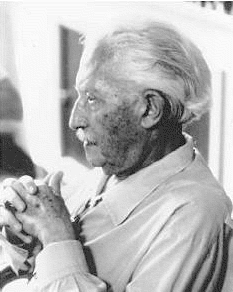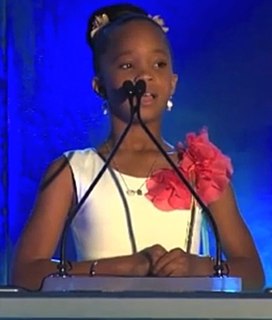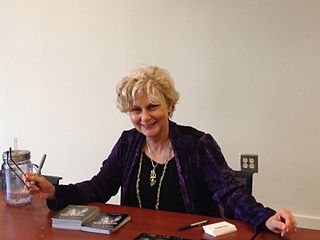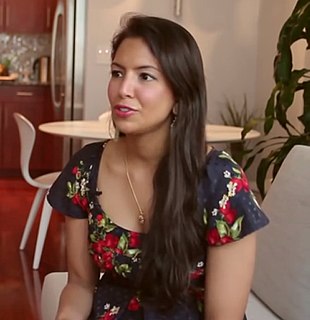A Quote by Lidia Yuknavitch
One thing about humans is that we all have them - lifestories. We live by and through them. But writers of memoir are particularly good at bringing literary strategies and form to experience (at least the good ones are).
Related Quotes
On a spectrum of literary productions, memoir is just another form. If the person doing the reviewing or critiquing was ill-educated about literary forms, they could write something dunderheaded about the author or their life (I've seen these and barfed at them), but anyone who is well-practiced and educated in literature - why would they leave that at the door when entering memoir?
It's exciting having a student who is not used to expressing their emotional side and bringing that out in them and see that developing and helping to nurture that. That's an exciting thing. In a class of fifteen there are usually two very good writers, equal to good student writers anywhere in the country. Those two make the class wonderful.
Though I consider The Chronology of Water to be an anti-memoir for very precise reasons, it is an art form, and thus as open to "critique" as any other art form. Memoir has a form, formal strategies, issues of composition and craft, style, structure, all the elements of fiction or nonfiction or painting or music or what have you.
It's a long haul bringing up our children to be good; you have to keep doing that — bring them up — and that means bringing things up with them: Asking, telling, sounding them out, sounding off yourself — finding, through experience, your own words, your own way of putting them together. You have to learn where you stand, and make sure your kids learn [where you stand], understand why, and soon, you hope, they'll be standing there beside you, with you.
There is this thing called the university, and everybody goes there now. And there are these things called teachers who make students read this book with good ideas or that book with good ideas until that's where we get our ideas. We don't think them; we read them in books. I like Utopian talk, speculation about what our planet should be, anger about what our planet is. I think writers are the most important members of society, not just potentially but actually. Good writers must have and stand by their own ideas.
As a writer, I was deliberately creating an alternate world, and then populating it with experiences and people that I knew in this world, but I'd shake up the mix considerably. And about the same time that the memoir was becoming the dominant popular literary form in the mid to late 90s, I started reading writers who were deliberately playing with the notion of "truth" and "fiction" - that struck me as a much more interesting way to tell certain stories, particularly in the realm of comedy.
I want my books to exist in the literary world, not only in the art world. I am interested in having a dialogue with other writers, and the readers of those writers. Someone who is reading a book of mine might not have visited my exhibitions related to it, but can still have a full, literary experience with that book. This would be a completely different experience from stepping into the show, not having read the book. One form is not illustrative of the other.
There are so many people out there living a life they don't want to live. They either are eating the food they don't want to eat, that doesn't serve them, or they're in a job that doesn't serve them and what they're really good at in the world, or they're in a situation or relationship where it's bringing them down.
My characters' addictions are what makes them a bit stylized or "grotesque" - not just in appearance but through what drives them. Addiction is what threatens stability and normalcy and yet it seems very much a part of being human - at least we are all a bit obsessive and compulsive. Aren't all humans driven by mad desires for one thing or another?
What I like to do with music is make people feel better. Make people realize that all humans have the same problems, more or less. A lot of people deal with the same thing. A lot of times people think problems are specific to them and they if they hear a song about a problem common to them, they feel good because they know that someone else has gone through it.
My children haven't read 'Winter Journal'. They have read some of my work, but I really don't foist it on them. I want them to be free to discover it in their own good time. I think reading an intimate memoir by your father - or an intimate autobiographical work, whatever we want to call this thing - you have to come at it at the right moment, so I'm certainly not foisting it upon them.

































